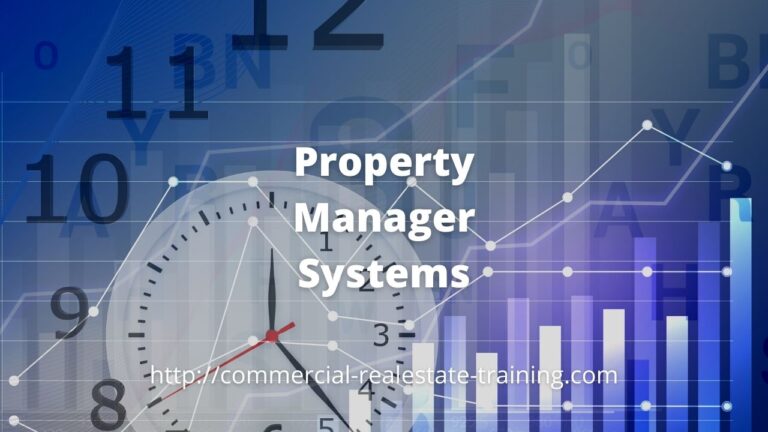Things You Should Know About Commercial Property Management
In commercial property management, the tasks of managing the property and the contained tenants can be complex, demanding, and overwhelming. Many property managers are ‘swamped’ with work and the pressures of managing too many properties. The whole issue can get more complex, and that is the case when many properties are managed.
Typically, most commercial and retail property managers are given buildings to manage based on a knowledge and fee assessment. If they know enough about a specific property type and need more fees to balance their costs to the brokerage, they are given more buildings. The volume of properties managed then becomes too great for individual efficiencies and accuracy.
Fee-based property manager allocations shouldn’t be the way that it is done, because it doesn’t allow for portfolio pressures, the differences in client reporting, and the number of tenants managed.
Overworked and underperforming property managers don’t last too long in the real estate business; it is an all too common problem. It can be both damaging and frustrating to the stability of the brokerage, as well as career-ending for the individual person.

Property Manager Pressures
Where do the pressures come from? Try some of these for starters:
- Tenants that fail to do the right thing or comply with the terms of their lease
- Assessing and managing complex lease occupancy situations
- Finding new tenants and keeping current tenants
- Customers to a property that create issues use and access (shopping centres particularly)
- Maintenance work that must be actioned and controlled
- Budgets and cash flows of income and expenditure that fluctuate
Solving Stress and Control Issues
To fix these problems, then a few strategies should be considered in the management of the property management division. Control systems and KPI’s can help you avoid property manager stress and ‘fallout’. Here are some of the main strategies to help with that:
- Reasonable fees should be set for the complexities of each managed building and client. Expect a certain amount of time allocation to manage a property each week, then set fees based on time (with an allowance for applied resources and client reporting).
- Keep close control of occupancy and maintenance issues. They will originate from lease documentation and tenant activities. A property manager should visit a managed property frequently to complete detailed inspections and create accurate reports. The size of the managed property and the number of tenants will dictate inspection frequency. However, a minimum inspection frequency on all managed properties would be at least once a month. A complex office tower or shopping centre would be inspected daily. Keep records of your property inspections, as things can go wrong or get challenging, and your inspection notes can help you stay ahead of issues.
- Watch arrears on a daily and weekly basis. Arrears are an all too common problem in asset management. Tenants today feel the pressures of shifting customer interest and the impact of the Internet on sales and global competition. Business activities are changing. That flows through to the tenant and their ability to pay rent regularly and on time. When the arrears problem starts, do something about it immediately and find out from the tenant what is happening and why. Advise the landlord of the problem with appropriate recommendations.
- Stay ahead of lease issues and critical dates. The leases in a managed property bring problems of performance and accuracy in the day to day management. The greater the volume of tenants, the greater the number of leases, and those leases can all be different in many respects. Attention to detail here can be a ‘nightmare’ for a busy property manager unless there is a way of alerting them on the upcoming critical dates from the lease. Some of the professionally specific property management software programs will help with task and lease date management.
Strategies and systems will help with these problems. I go back to the point that it is all too easy for a commercial or retail property manager to be ‘swamped’ with work. To avoid this problem, start implementing strategies similar to those above.






